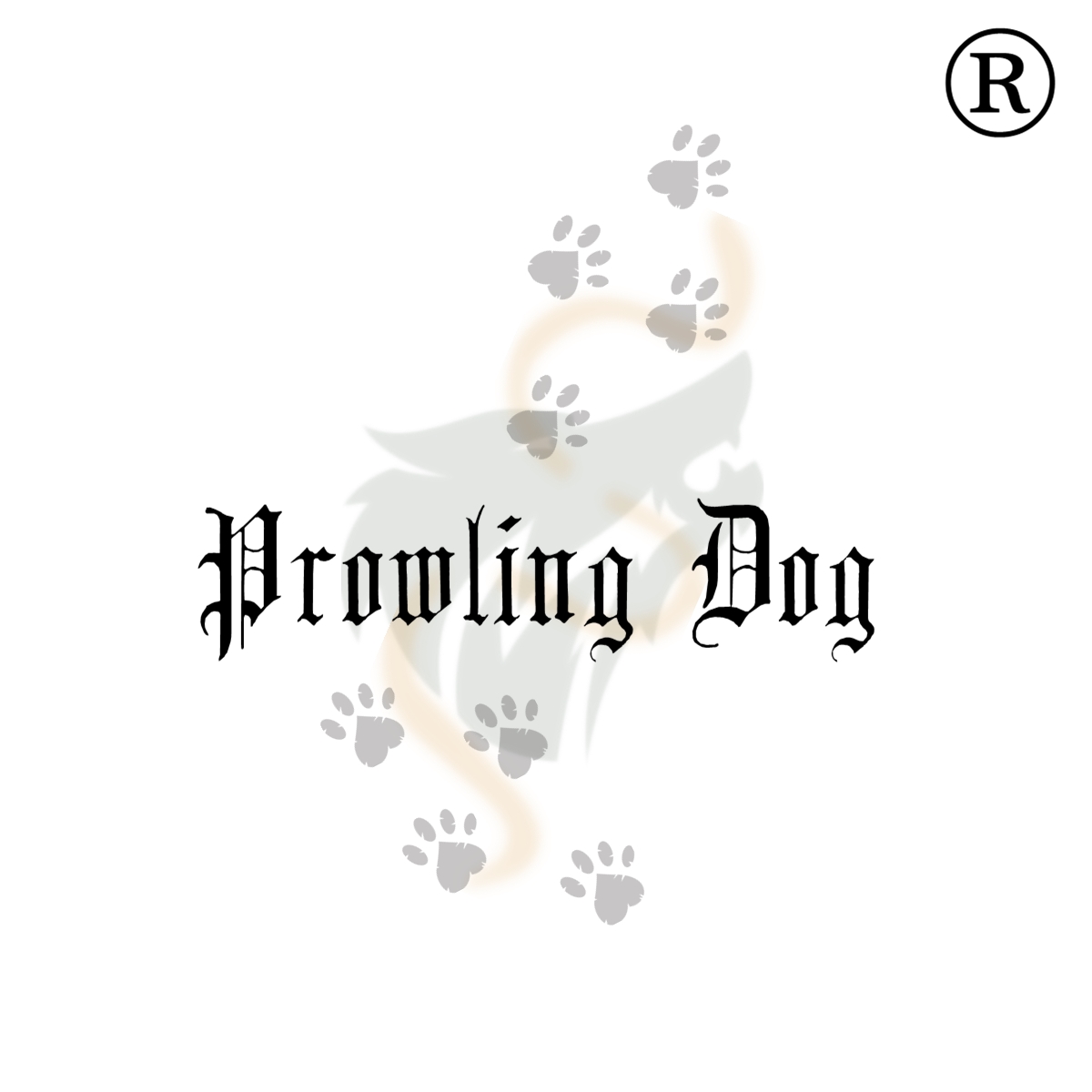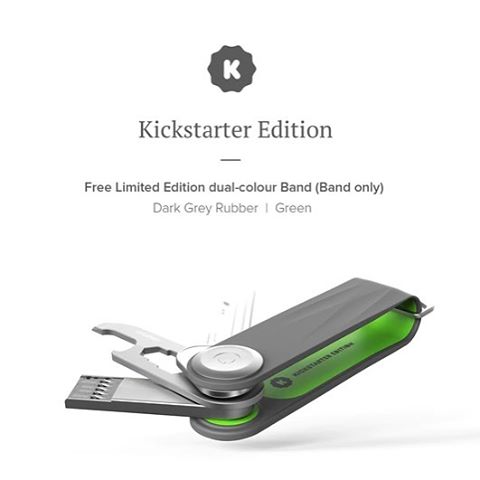Editorial
PD has been slowly evolving. It started in another iteration as a social commentary site on another platform. The site moved onto Ghost "under new management" and became a general blog. There was no theme, due to PD's wide range of interests. For more continuity PD later developed monthly themes. It is now time for the next tiny step in the life of PD.

PD will still maintain a main monthly theme, however he will be adding a new weekly spot in which a project seeking crowdfunding catches his attention. This week PD discusses crowdfunding in general.
Crowdfunding 101
For those who are not familiar with this concept, it started off with PD's Transatlantic friends. PD believes that Indiegogo was the first with the concept, however he is willing to be corrected. Since then other sites have followed suit, with Kickstarter, together with Indiegogo, being the larger and more successful ones. These two sites accept general projects, however some smaller specialized sites have also sprung up, such as Unbound which is for books only.

People who have ideas but not the finances to test the market or put them into production can do these things on the crowdfunding websites. This is a big difference to the past, when people had to have contacts or go begging companies to take them seriously; many had rejections. Now the web has been a great leveler.
Be aware that different sites have different criteria. Indiegogo is much more loose than Kickstarter, being generally laissez-faire with what is put on. That is why you will find political movements together with gadgets. There are few checks and balances.

Kickstarter on the other hand vets projects before they are accepted. People are supposed have fully developed an idea, including all costs and have working prototypes before asking for funding.
When you pledge, you are offered a reward or rewards, usually at a discounted price. One large difference between the two sites is that the with Indiegogo the funds are transferred to the person or people behind a project as soon as you pledge. Kickstarter does not bill you unless and until the project has been successfully funded. This allows time for backers and other people to critically analyze a project. You can also back out if you have any concerns or change your mind, right up until the point that funds are collected. This is most commonly a month from the start of the campaign, however this does vary from project to project (once started though the time a campaign runs for cannot be altered).

It is important to realize that crowdfunding sites are not shops. Across the board approximately 10% of funded projects fail, and then backers may lose their money. Most campaigners do the right thing, however, some projects, even when successfully funded, do fail for a number of reasons. Some projects are run by amateurs who may not have the experience to make a successful business model. For example, they may underestimate the costs of production, or may not supervise production and get poor quality products that cannot be shipped.
Having said this, many projects have given people a start in business. One example is Orbitkey, which started with a simple idea on Kickstarter and is now a very successful company in Australia known and selling its products around the world.
Rewards not only include the product but may also include campaign only limited editions, additional free perks or even signed copies of books or products. Some printed products even list the backers in the publication, acknowledging the people that gave the person or people a start in life. Getting in early usually gives you the best price for an item, whether it be a gadget, book or good coffee.

In PD's experience the success rate of projects is higher on Kickstarter than on some others because of the greater checks on projects submitted and because of the funding model used.
A very small number of scammers has unfortunately filtered into the system, putting up phony projects to steal money from unsuspecting backers. For this reason always follow the comments section of projects that you either back or are thinking of backing. Also look for projects in which the people regularly update their backers.
Finally, there are a lot of great projects out there, so happy browsing. If you are thinking of submitting a project look at "about us" section of the websites. These have links on how to go about this and also give valuable advice to help you succeed. If you are a backer remember to be patient; once a project receives funding it may take months or in some cases even longer for it to be actually produced and shipped to you. The wait will almost always be worthwhile.
Note: photographs and illustrations are from the relevant websites and are the copyright of the respective owners.
Note: PD does not get sponsored by any company and chooses to write about products that catch his eye while on the prowl, without the makers' knowledge. That way he remains impartial.
Contact Prowling Dog at prowlingdog@protonmail.com
© 2016 Prowling Dog